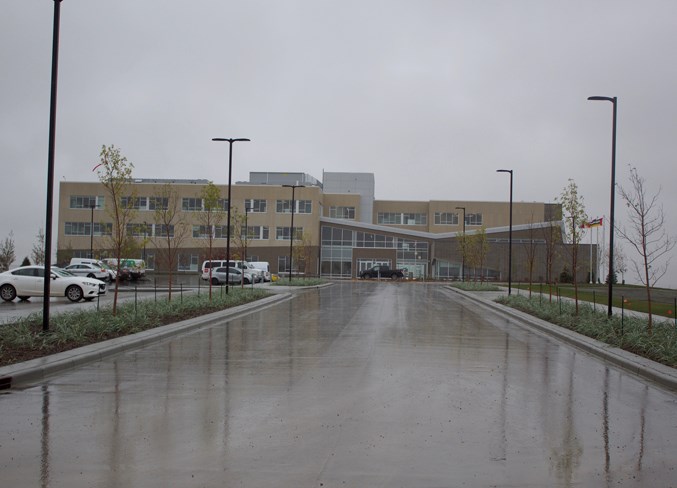At the direction of Rocky View County (RVC) council, staff will explore the possibility of changing the County’s municipal status to better reflect the diverse needs of the increasingly urbanized municipality. “Being just a normal, rural municipality doesn’t give us the recognition [from] our neighbours or recognition [from] the government that we are diverse and have both urban and rural concerns and issues that we deal with,” said Reeve Greg Boehlke. At a regular meeting March 26, council unanimously directed administration to analyze the benefits of RVC becoming a Specialized Municipality under the Municipal Government Act (MGA). Coun. Samanntha Wright was absent from the meeting. “Over the last 15 [to] 20 years, there’s been a substantial change in the development form [of the County],” said Richard Barss, manager of Intergovernmental Affairs. “We’re no longer purely a rural municipality.” According to Barss, RVC will become increasingly urbanized over the next 25 years as approved and existing hamlets are built, which will result in differences in service-level expectations and provisions across the County. RVC will oversee the growth of five urban hamlets – Cochrane Lakes, Glenbow, Harmony, Conrich and Langdon – which Barss said could each surpass the population sufficient to be classified as cities. The County also currently contains six significant country residential communities, along with four rapidly-developing regional business centres. To address that challenge, he said, staff began a preliminary investigation to determine the merits of becoming a specialized municipality. One merit, according to Barss, may be the ability to define geographic rural and urban service areas. Currently, Barss added, there are six specialized municipalities in Alberta – Lac La Biche County, Municipality of Crowsnest Pass, Municipality of Jasper, Mackenzie County, Strathcona County and the Regional Municipality of Wood Buffalo. “[These specialized municipalities] were formed primarily for reasons of governance, grants and/or taxation,” he said, noting each has distinct terms of formation to govern how they operate. Barss stated Wood Buffalo, Strathcona and Lac La Biche each have defined urban and rural service areas, which allows differing tax rates to be applied to non-residential developments, as well as higher taxes for large industrial areas. According to staff’s report, tax rates typically must be set with different assessment classes and applied universally across a municipality, but in a specialized municipality, tax rates may be established by geographic area. If a new status is achieved, RVC may be able to establish different geographical service areas with varying tax rates linked to the level of service provided to those area. Another benefit, according to Boehlke, is the recognition of RVC’s unique position by its regional neighbours. “When we come to the table, I believe we’re viewed mostly by our urban neighbours as being rural,” Boehlke said. “We are diverse, and we have the same issues that they have in so many ways, plus we have all of the rural issues. This may bring it to the forefront and give us the recognition we’re looking for.” In order for the provincial government to approve Special Municipal status for RVC, according to Barss, the County must demonstrate the needs of local residents or businesses are not being met by its existing municipal status. “We also have to undertake public external stakeholder consultation,” he said. Administration aims to report its findings back to council by the fall. If council chooses to seek Special Municipality status, a formal submission must be received by the province in June 2020, Barss said, as an Order in Council would not be approved by the provincial government in a municipal election year, which begins Jan. 1, 2021.



